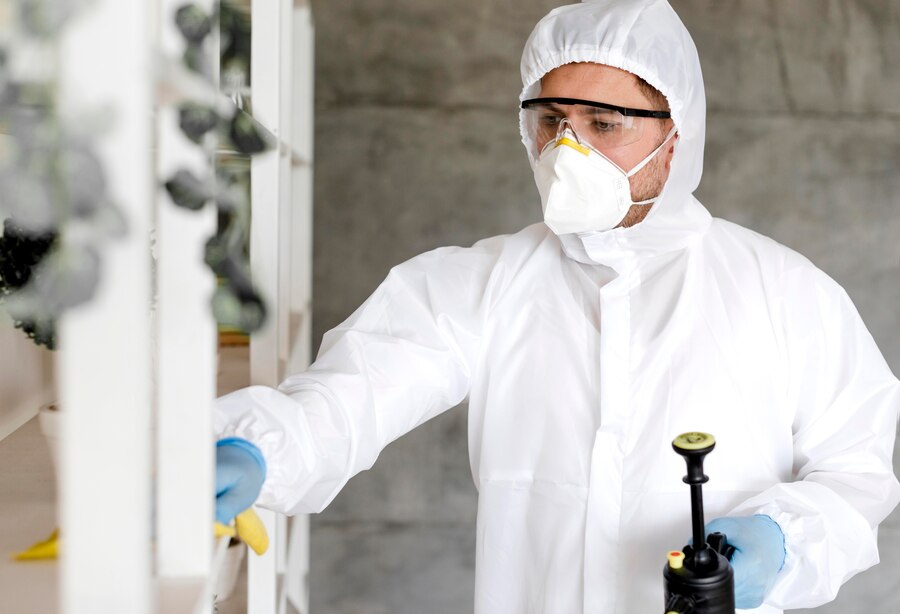
Cockroaches are among the most resilient pests that can invade your home, causing many problems, from contaminating food to spreading diseases. Understanding their behaviour is crucial for pest control and maintaining a healthy living environment. These nocturnal insects are experts at hiding, making it challenging to eliminate them without knowing where to look and how to target their nesting spots.
When it comes to home pest control, it’s essential to recognise their habits and preferences to tackle the infestation successfully. Identifying and eliminating these hiding spots can significantly reduce their population and prevent future infestations.
Identifying Common Hiding Spots
Cockroaches can find dark, moist, and secluded areas to hide during the day. Kitchens and bathrooms are typical hotspots due to the availability of food and water. Check under sinks, behind appliances like refrigerators and stoves, and inside cabinets. They also hide in cracks and crevices in walls, floors, and furniture.
They can be found in other home parts, including the kitchen and bathroom. Inspect these areas regularly to discourage infestations and keep them clean and dry. Pay special attention to any signs of cockroach activity, such as droppings, shed skins, and egg cases.
Eliminating the Spots
Once you’ve identified where cockroaches are hiding, the next step is to eliminate these spots. Start by sealing any cracks and crevices with caulk or other appropriate materials. This prevents them from accessing their hiding places and entering your home. Repair any leaks and ensure all areas are dry, as they attract moisture.
Keep your home free of crumbs and food residue, and store food in airtight containers. Regularly clean under appliances, inside cabinets, and other areas where food particles might accumulate. Dispose of garbage promptly and use sealed bins to prevent attracting cockroaches.
Using Baits and Traps
Baits and traps are practical tools for controlling cockroach populations: place bait stations and traps in areas where you’ve noticed their activity. Baits contain insecticides that cockroaches carry back to their nests, killing other colony members. Traps help monitor the infestation and show you how severe the problem is. Baits and traps must be used with other methods for the best results. They must also be regularly checked and replaced to maintain their effectiveness.
Natural Remedies for Cockroach Control
Several home remedies can help deter cockroaches for those who prefer a more natural approach to pest control. Diatomaceous earth, a fine powder made from fossilised algae, can be sprinkled in areas where they are active. This substance is harmless to humans and pets but lethal to them, as it damages their exoskeletons. Essential oils like peppermint, eucalyptus, and tea tree oil can also repel cockroaches. Maintaining a clean and dry environment also deters them from settling in your home.
When to Call Pest Control Services
Sometimes, an infestation can be too severe to handle alone. In such cases, professional pest control services can provide the expertise and tools needed to eradicate the problem. To ensure comprehensive treatment, pest control professionals use several methods, including insecticides, baits, and traps.
Homeowners should call pest control services if they notice many cockroaches or if their efforts to control the infestation are unsuccessful. Professionals can assess the situation, identify the source of the infestation, and implement an effective treatment plan. Regular pest control maintenance can also prevent future infestations, keeping your home pest-free.
Effective home pest control involves understanding cockroach behaviour and targeting their hiding spots. Identifying common hiding can significantly reduce their populations by places; eliminating these areas and using baits and traps can substantially reduce methods; remedies like diatomaceous earth and essential oils can also be effective. When dealing with severe professionals, the expertise is necessary to ensure your home remains pest-free.

Best of luck!
Author bio
Olivia is an academic writer and editor, expert at writing guides for students.
